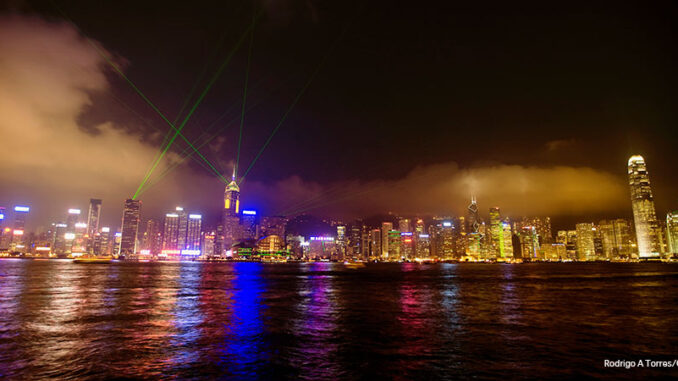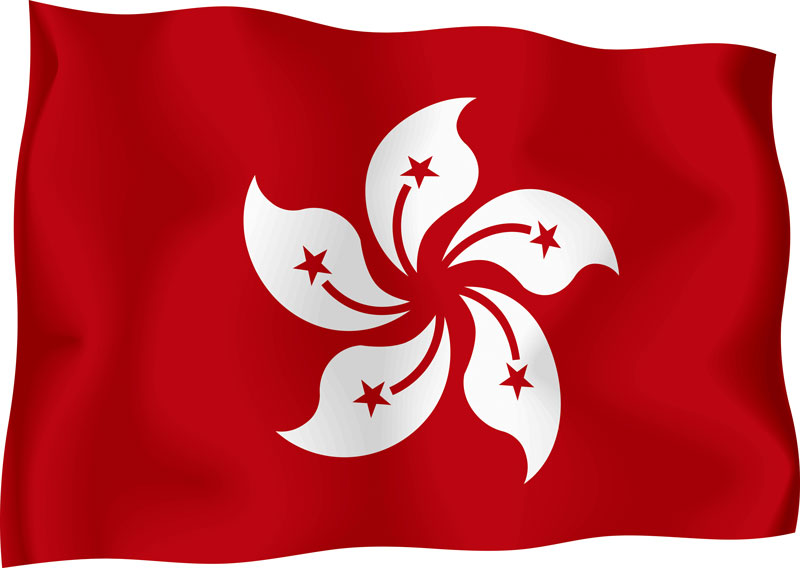
This summer has been a challenging one in Hong Kong, filled with protests and political unrest. Now, the government has escalated the situation even further by arresting several prominent pro-democracy lawmakers just days before a large protest was scheduled to occur. Here, btw takes a look at what’s happening in Hong Kong, why, and what may happen next.

So What Started It All?
Over the summer, activists in Hong Kong began protesting a new law that would require people charged with crimes to be extradited to mainland China for trial. (This legislation has since been suspended.) The city of Hong Kong is “semi-autonomous,” meaning that it is a part of mainland China, but has its own laws and government structure.
Hong Kong has its own legal system, and tries its own cases. It is also a Democratic city, while China is Communist. Outrage over this new extradition law led to what is being called Hong Kong’s “summer of protest,” and has resulted in more than 900 arrests. Rallies have often been very large, with one of them attracting nearly two million people (about a quarter of Hong Kong’s total population).
What’s Happening Right Now?
Five years ago, the Chinese legislature voted to place strict controls on elections in Hong Kong. The uprising over that legislation came to be known as the “Umbrella Movement.” A massive rally was scheduled for this weekend to commemorate the fifth anniversary of this event. But authorities denied permission for the rally, and China sent fresh troops to Hong Kong to help maintain order. In addition, several arrests were made of prominent lawmakers and pro-democracy activists.
Who Was Arrested?
The three pro-democracy lawmakers who were arrested were Cheng Chung-tai (the head of Civic Passion, a political organization) on charges of suspicion of conspiracy to commit criminal damage; Au Nok-hin, on charges of suspicion of assaulting a police officer and obstruction; and Jeremy Tam, on charges of obstructing a police operation.
Also arrested were two prominent student leaders, Joshua Wong and Agnes Chow. Over the past five years, Wong has been the face of the Umbrella Movement. He has been sent to prison several times before for short periods of time because of his role in past protests. Last week, he was arrested on charges of unauthorized assembly. Chow, who faces the same charges, is the spokeswoman for Scholarism, a major student activist group. Both were released on bail.
Another significant leader facing arrest was Andy Chan, the leader of the pro-independence Hong Kong National Party, which was banned last year by the Hong Kong government. He was charged with suspicion of rioting, and assaulting a police officer.
So What Happens Next?
The government denies that the timing of these arrests had anything to do with the protests scheduled for the weekend. According to government spokespeople, investigations are carried out and people are arrested when there is adequate evidence against them, and it was just coincidence that the timing of these arrests fell just before the demonstrations. Many human rights groups disagree. Nevertheless, protests have been canceled and the government has warned people not to participate in any unauthorized rallies over the weekend.
